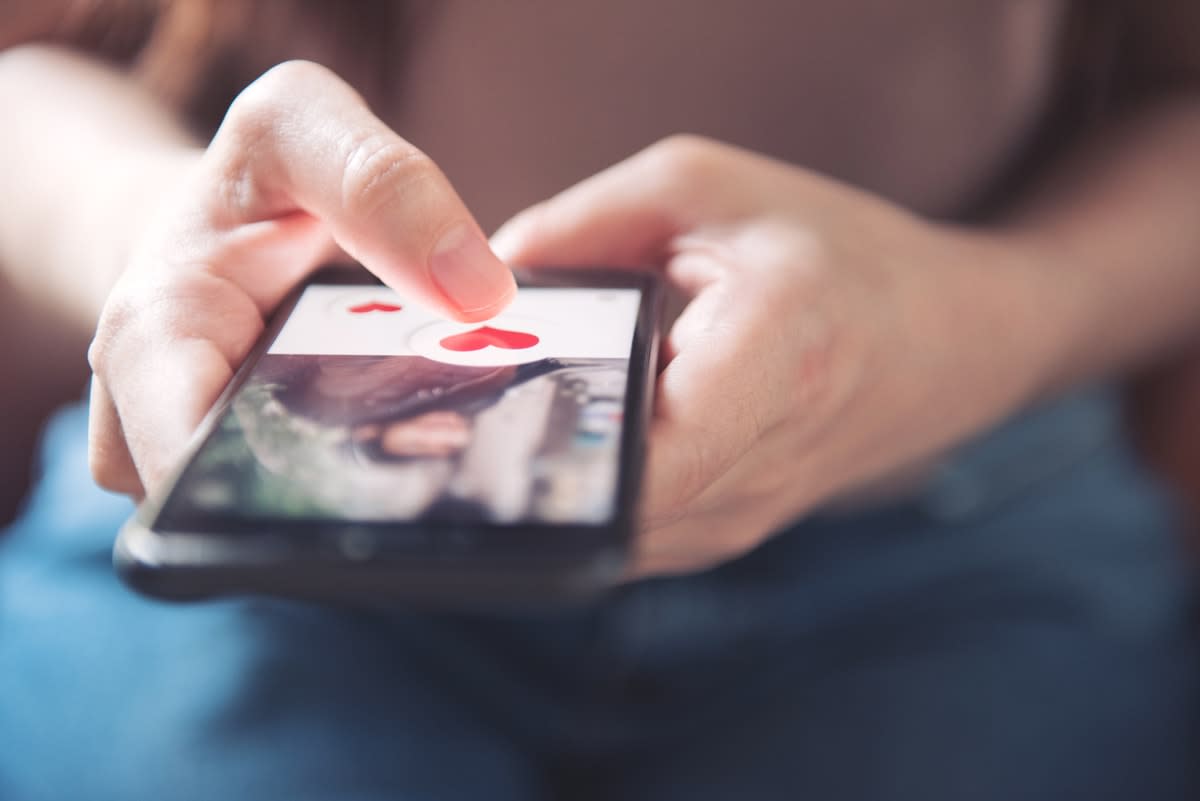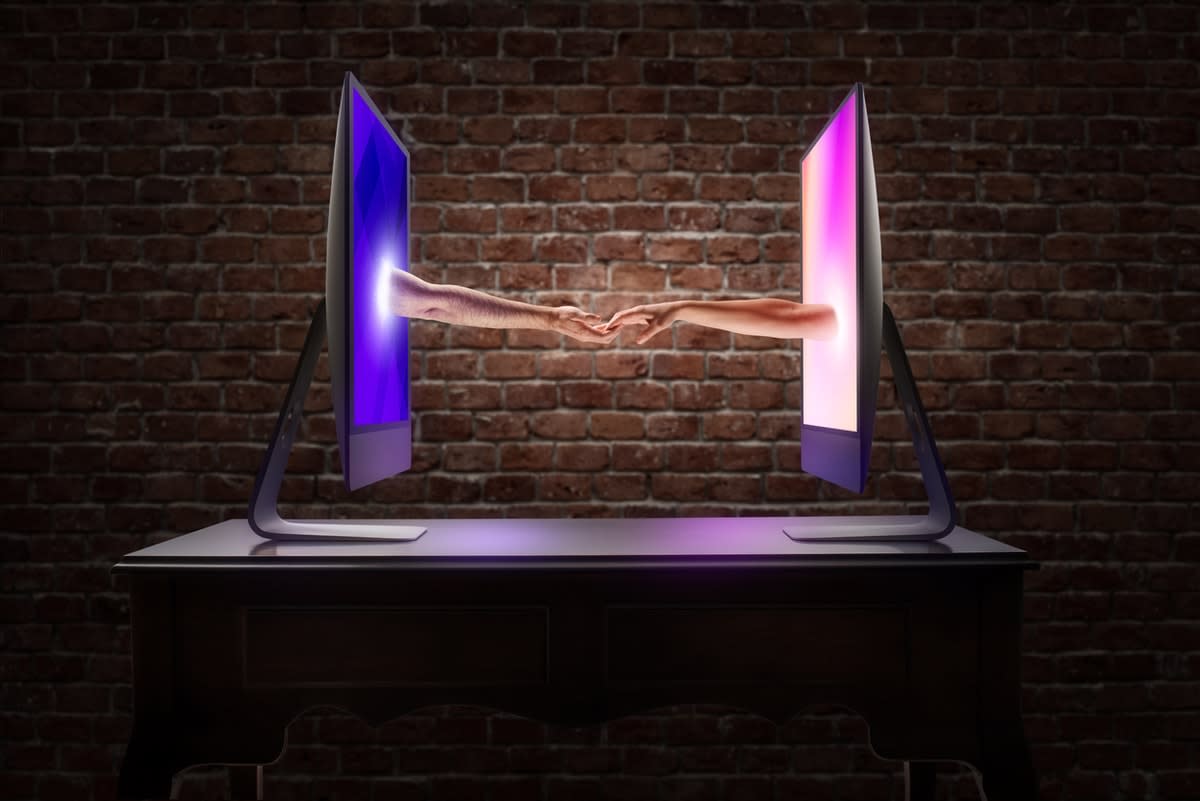Love is in the app: The pros and cons of swiping for companionship
“Are you lonesome tonight?/Do you miss me tonight?”
Elvis Presley’s 1960 hit version of the 1926 song is possibly one of the world’s most-listened-to tunes, particularly around Valentine's Day, when dating sites promote their platforms, stores are decked out in pink and red with little heart cutouts, and – yes – friends prattle on about what to get their loved ones.
All this can make a single person feel, well, somewhat lonely.
Fortunately (depending on how you see it), there are countless dating apps out there that can kick-start the search for love or companionship.
But this can be a double-edged sword.
“Technology is indeed both a blessing and a curse,” says Dr Goh Pei Hwa, from Monash University Malaysia’s Jeffrey Cheah School of Medicine and Health Sciences.
“It helps people spread their net far and wide to maximise the likelihood of finding ‘the one’. But it also gives people the impression that there are more fishes in the sea. This prevents them from settling, because what if there is something [someone] better out there?”
In terms of relationship initiation, there’s a lower risk of rejection when dating online. It’s safer in a sense that if you get a match, and talk to a person, you already know that they have swiped right on you, too.
“So, you don't have to meet a person and then try to suss out if they’re into you. A match already tells you that you’re speaking to someone who is at least, on the most basic level, interested in you in some way,” Dr Goh says.
The perils of swiping
However, there’s also the downside. Imagine you’ve started swiping on the app one evening. A few swipes turn to a long night of swiping, and the next thing you know, you've spent three hours on your phone, searching for your next big love. And you have zero matches.
Even though this isn’t a “real” face-to-face rejection, it stings. It hurts to know that people are already rejecting you even before meeting you.
“Now, imagine that you get a bunch of matches – yay! But days go by, and no one starts a conversation with you. You initiate a conversation, but then the person ignores or unmatches you,” says Dr Goh.
“Or what about when the conversation actually gets going, and you're feeling hopeful, but then the person decides to stop responding? This is such a popular phenomenon that people have coined the term ‘ghosting’ for this disappearing act.”
Dr Goh asked 319 Malaysian young adults if they’ve ever ghosted someone, or been ghosted. More than half of them said they had.
Herein lies the dark side of low-risk communication.
Online communication provides a haven for people to connect with others, and an equally safe one for people to end relationships with minimal confrontation. Rejection stings, but it hurts more when it happens unexpectedly and without proper closure.
Despite this, technology has no doubt been helpful when it comes to initiating relationships, and many found their partners with its help.
While it seems many people are on or have been on dating apps, only 40% of the participants in Dr Goh's study said they’d used a dating app at some point. She had expected more, especially since she was asking a sample of mostly city-dwelling young adults.
Changing attitudes towards online dating
The attitude towards online dating is shifting.
“I remember a friend telling me how she'd never go on a dating app because ‘she's not that desperate yet’. This was probably about six years ago.
“In my study, I found that only 20% of people still agree with that statement. About half felt that online dating is a good way to meet people, while 30% were undecided. Technology is only going to continue developing, and so will dating habits along with it.”
Humans are adaptive beings. Give them an obstacle, and they’ll find a way to overcome it. Dating apps were busy in 2020 – there was no lockdown on love.
According to Dr Goh, people could still satisfy their need to belong through dating apps, even when some of them couldn't go outside to socialise. People fell in love over text messages, voice calls, and video calls. Technology was, and continues to be, our saviour during these times.
Dr Goh says that in terms of relationship maintenance, technology has done wonders for long-distance love – no more expensive international phone calls, or snail-mail.
 Video calls are the new norm. Technology provides us with easy access to communicate with your partner. We all know how important communication is to relationship quality.
Video calls are the new norm. Technology provides us with easy access to communicate with your partner. We all know how important communication is to relationship quality.
However, she adds that technology doesn’t only afford ease of communication with your partner. It allows you to interact with virtually anyone, assuming that they respond to you and also have technological access, with just some simple taps on your device.
This ease of access can also create friction in relationships. In psychology, researchers study how technology interferes with romantic relationships, and have even coined the term “technoference” to describe this phenomenon.
Read more: Grindr is deleting its 'ethnicity filter', but racism is still rife in online dating
The ease of accessibility makes infidelity easier. It doesn't take great effort to seek out like-minded people who are also interested in extramarital or extra-relational affairs.
“But, is technology the cause of such relationship-harming behaviours?” says Dr Goh. “The way you answer this is probably similar to how you would answer the question, do guns kill people? Guns don't kill people. People kill people.
“Technology doesn't make someone a cheating, inattentive partner. It may provide more opportunity for a partner to cultivate such behaviours, but I won't say it causes it.”





